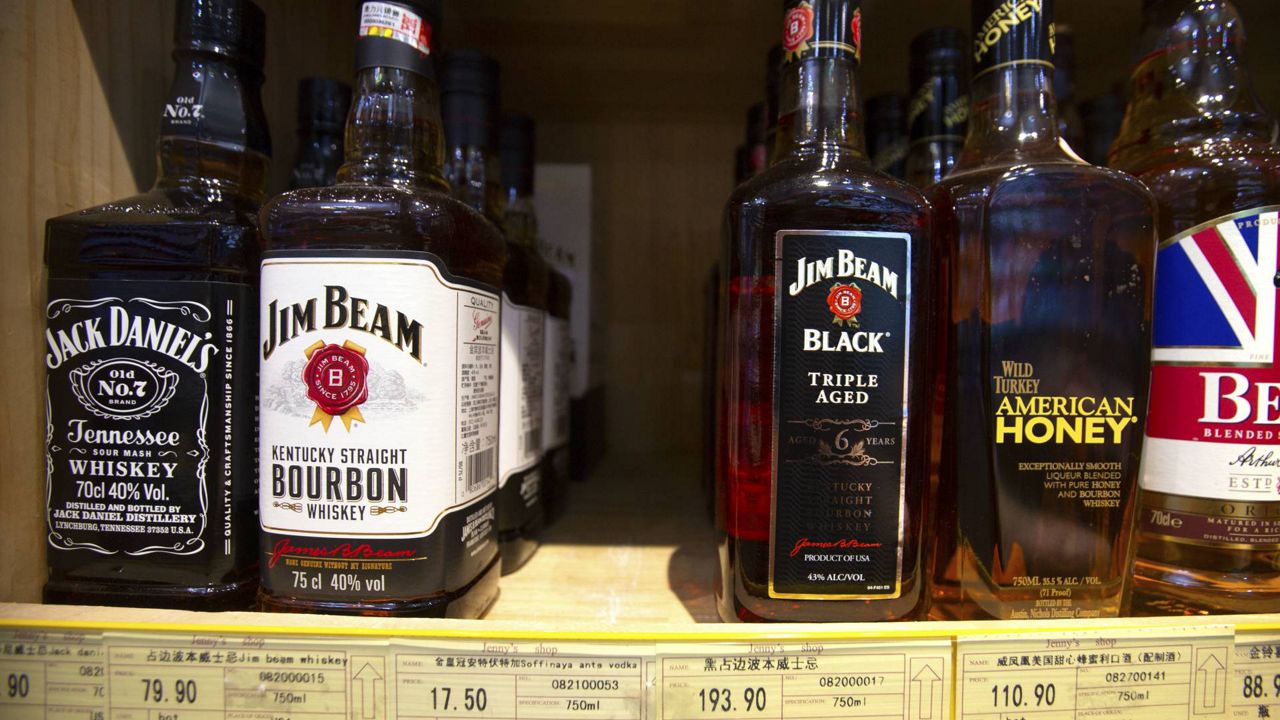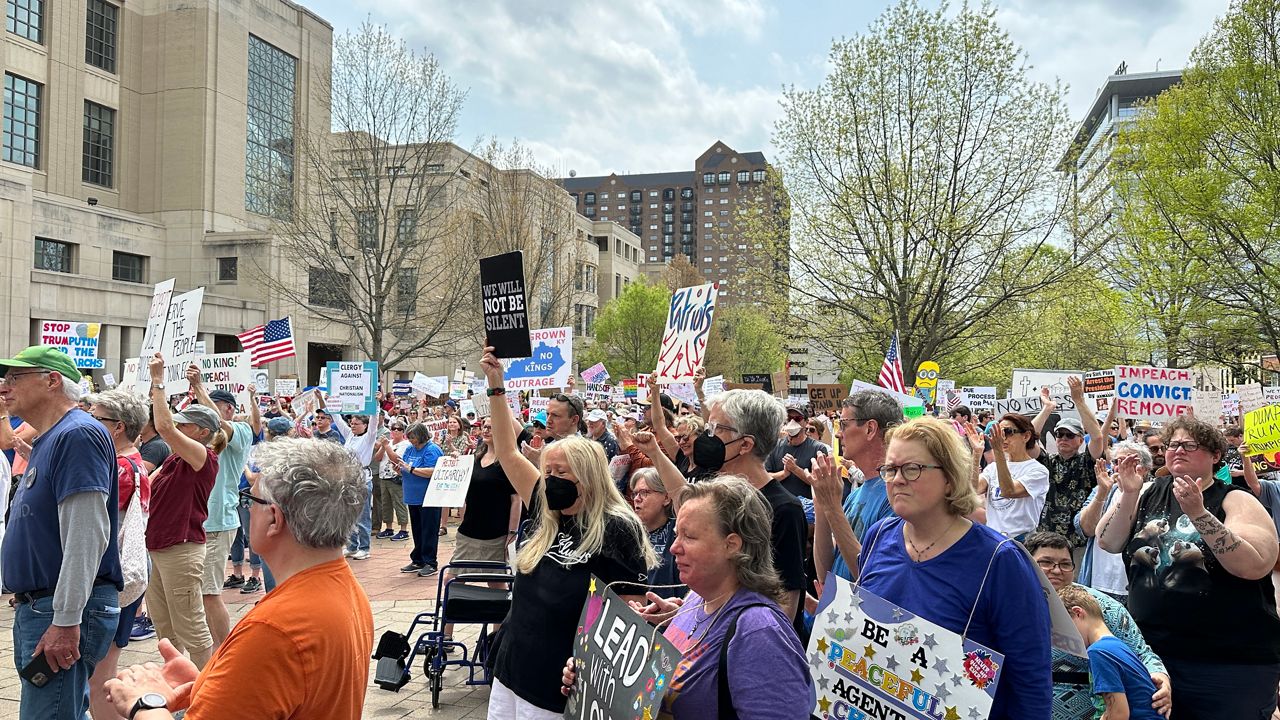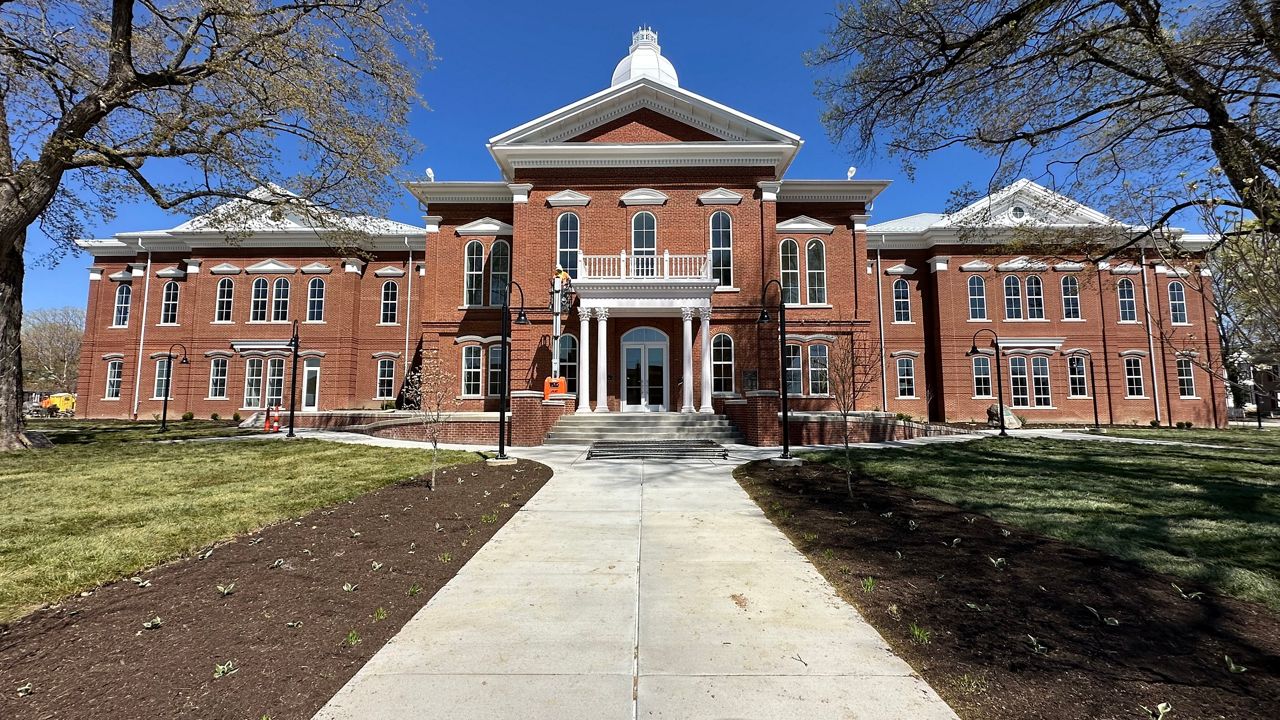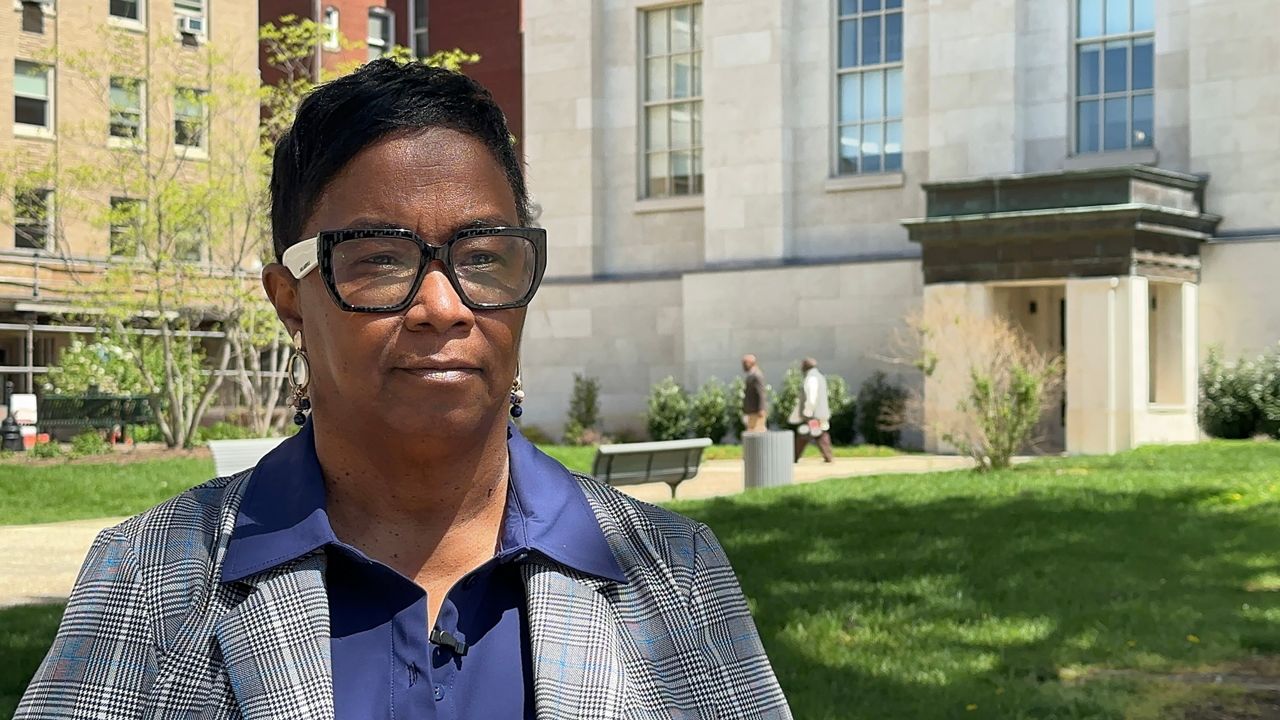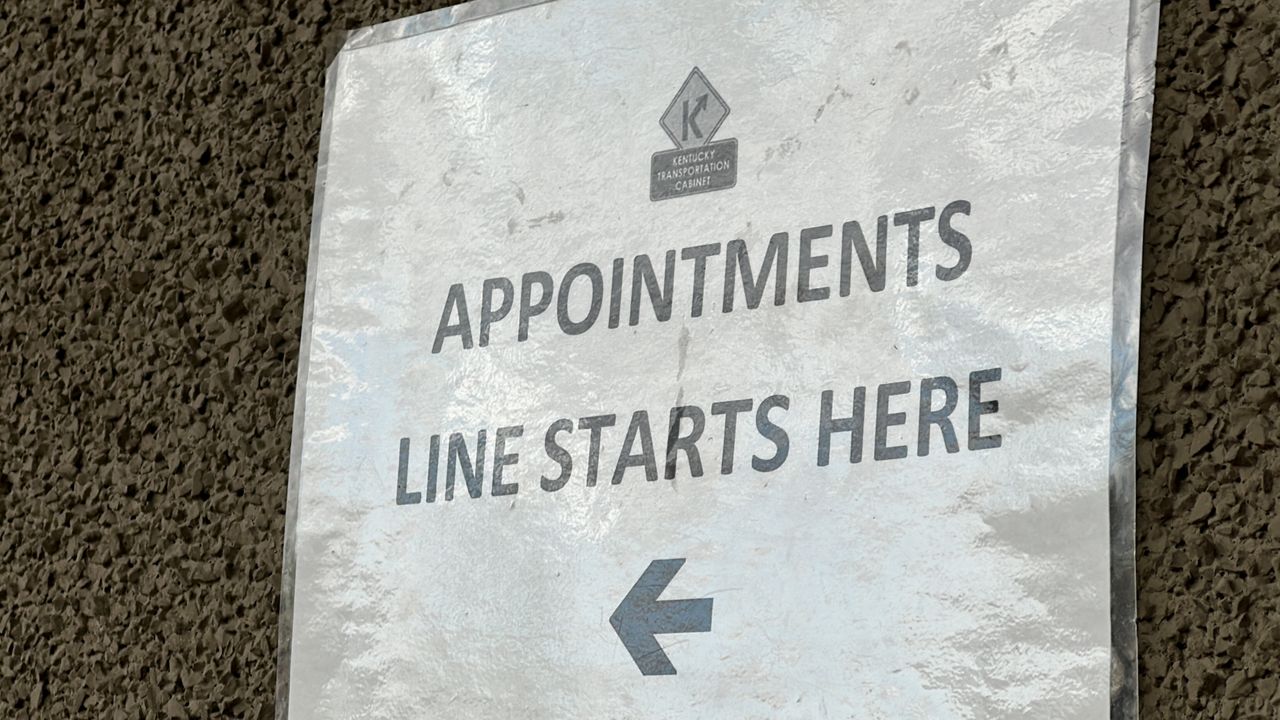ELIZABETHTOWN, Ky. — Treating substance use disorder can be a challenge, and it can be difficult for people seeking treatment to find the right place. Some end up at facilities that may not provide proper treatment.
Recovery and treatment are two words associated with substance use disorder that are often used interchangeably; however, they are two separate terms.
“Treatment is typically the point at which the individual or family determines there's a problem that is out of control or the substance of abuse is controlling the individual so you seek treatment,” said Deron Bibb of the Kentucky Association of Independent Recovery Organizations (KAIROS).
“In a recovery phase, you understand the disease. You've received an intervention, whether it's a medical intervention, behavioral intervention, a behavioral change by the individual, but now you're sober. That sobriety moves you into the recovery phase."
Confusion around this issue led TJ Conrad to end up at some facilities that were advertised as treatment centers, but he didn’t necessarily get the treatment he needed.
You're just a figure, money-wise. It's about money. It's not about treatment for the person.”“They're just there to collect a paycheck,” Conrad said. “You're just a number. You're just a figure, money-wise. It's about money. It's not about treatment for the person.”
He went to several facilities in and outside of Kentucky for about 10 years.
“I’ve been everywhere from Florida to Oklahoma to Tennessee to try to get sobriety,” Conrad said.
Bibb said there are several facilities in Kentucky that market themselves as treatment centers, but they’re more aligned with being a recovery house where treatment may not be happening. This is a problem that was exacerbated by the COVID-19 pandemic.
“You had several providers of treatment that came into the state and set up shop that were really never providing treatment per se," Bibb said. "But because there were few regulations and the barriers of entry were so low, it allowed them to get a foothold."
Much of the work KAIROS does is to educate judicial systems on this issue. Judges can sentence people who are struggling with substance use disorder to treatment programs instead of them going to jail.
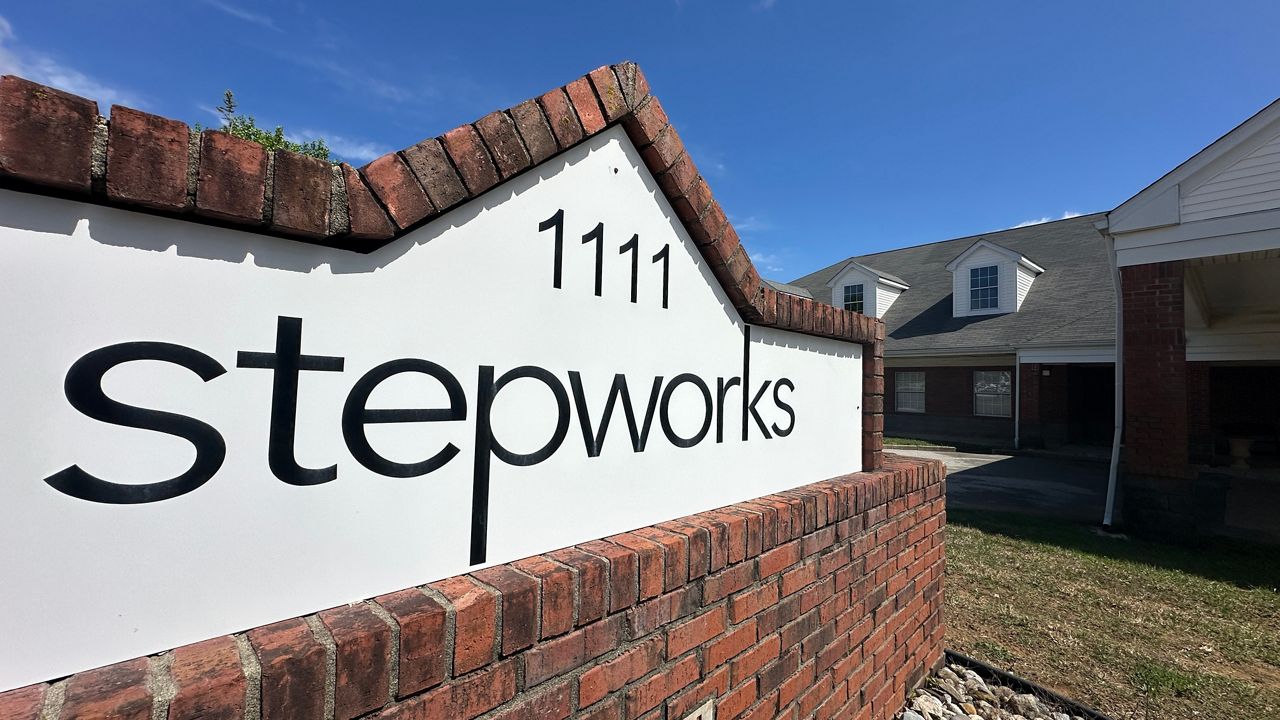
"Often there was never treatment involved because it was so poorly defined and the judicial system didn't understand," Bibb said. "And still today, some don't understand the differences between the levels of care, the level of provider."
"You had people, they would remand to treatment, who would fail and then bounce back into the judicial system. And therefore, the judicial system would determine treatment failed."
Bibb said he encourages people to ask the right questions and not rely on Google searches when seeking treatment.
“You're going to get from Google whoever's paying the most for the ads to put them at the top of the list,” Bibb said. “Well, that doesn't say anything about the drug of choice that they're abusing. “You're going to get from Google whoever's paying the most for the ads to put them at the top of the list,” Bibb said. “Well, that doesn't say anything about the drug of choice that they're abusing. It doesn't say anything about their family structure. It doesn't say anything about, do they have a job? It doesn't say anything about how many times have they been in and out of treatment over the past year … or do they have other medical issues?”
Though it took years, Conrad landed in a treatment center in Florida that he said was effective. When he was ready to quit using substances, he went to a treatment center in Elizabethtown 10 years ago and has been sober since.
“I have a great life today, and it's all because I was willing to take the steps, willing to listen, willing to take suggestions and work, put in the work,” Conrad said. “Recovery's work.”
Conrad has been able to rebuild his life as a result of his hard work. He is happily married, has custody of his son and has a steady job.






